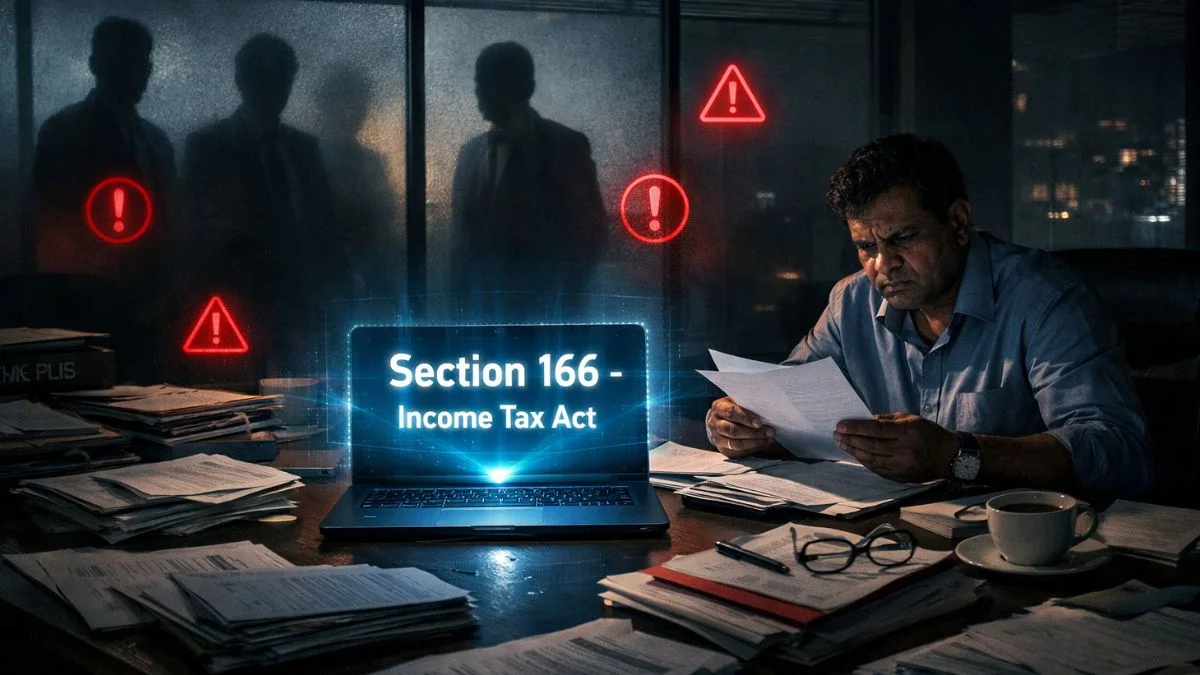
India’s Income Tax Act provides several exemptions to encourage the work of NGOs, charitable institutions, and religious trusts. Among them, Section 11(1) stands out as a critical provision that offers tax exemption on income from property held for charitable or spiritual purposes. This section ensures that income used for public welfare is not taxed, encouraging more individuals and institutions to come forward and contribute to nation-building.
What Is Section 11(1) of the Income Tax Act?
Section 11(1) provides that any income derived from property held under trust—exclusively for charitable or religious purposes—shall not be included in the total income of the entity, provided certain conditions are met.
This means that a trust or institution registered under the relevant sections can claim exemption if it complies with the provisions outlined in Section 11.
Who Can Claim This Exemption?
- Institutions and trusts registered under Section 12A or 12AB.
- Entities whose income is applied for charitable or religious purposes in India.
- Trusts that comply with filing and accumulation requirements under Section 11(2) and Explanation 1 to Section 11(1)."
Types of Income Covered Under Section 11(1)
The exemption applies to income from the following:
- Donations and voluntary contributions
- Rent the property
- Dividends, interest, and capital gains
- Business income (if incidental and books are maintained separately)
Essentially, all income from property held for charitable or religious causes can enjoy exemption under this section.
Application of Income vs. Accumulation
Section 11(1) requires at least 85% of the income to be applied during the year. However, if it is not possible to apply it within the year, the remaining 15% (or more, if needed) can be accumulated for up to five years under Section 11(2).
But there’s a catch—a statement must be furnished within the due date of the return, specifying the purpose for which the income is being set apart. This declaration, typically made through Form 10, ensures that the exemption benefit continues."
Example: How Income Exemption Works
Let’s assume a trust earns ₹10 lakhs in a year. If it applies ₹8.5 lakhs toward educational activities, it meets the 85% rule and is eligible for full exemption.
Now, suppose it spends only ₹5 lakhs and wishes to use ₹3.5 lakhs next year for building a school. To claim exemption on the unspent income, it must:
- File Form 10.
- Mention the purpose.
- Spend it within the allowed five-year period.
Failing this, the unspent portion becomes taxable in the sixth year.
Limitations & Restrictions
While the section is generous, there are restrictions to prevent misuse:
- Private benefit is disallowed. If income is applied to benefit specified persons (like trustees or relatives), exemption under Section 11 is denied under Section 13.
- Income applied outside India is not allowed, except in certain notified cases.
- Business income is allowed only if it’s incidental to the trust’s objectives.
Relevant Clauses and Subsections
Many trusts get confused by references like Section 11(1)(a), Section 11(1)(b), Section 11(1)(c) etc. Here's a brief:
- Clause (a): Covers income from property held in trust wholly for charitable or religious purposes in India.
- Clause (b): Covers partially charitable trusts where a part of the income is applied for charitable purposes.
- Clause (c): Applies to income from property held under a trust created before the commencement of the Act, and income applied outside India.
Additionally, the Explanation to Section 11(1) and Clause 2 of Section 11 provides clarity on how the accumulation and application rules are implemented.
Common Mistakes to Avoid
- Not filing Form 10 within the time.
- Applying for income outside India without approval.
- Mixing personal benefit with trust’s expenditure.
- Not maintaining separate books for business income.
These can lead to denial of exemption and huge tax liabilities—even for genuinely charitable institutions.
Final Thoughts
Section 11(1) of the Income Tax Act is a powerful enabler for charitable and religious trusts in India. With the right documentation, planning, and intent, trusts can maximize their impact without worrying about taxation. But compliance is key.
If you're running a trust or planning to start one, understanding the nitty-gritty of Section 11(1) can help you save tax while staying fully compliant with Indian laws.
Need help with trust registration, filing Form 10, or claiming tax exemption under Section 11(1)?
Callmyca.com can assist you with hassle-free compliance, filings, and everything in between.











